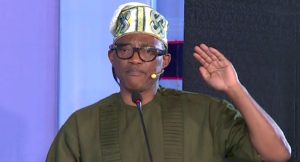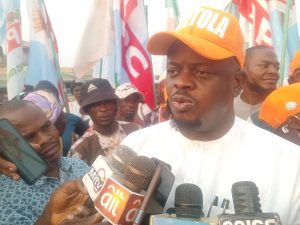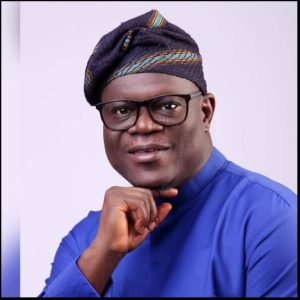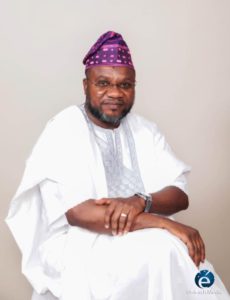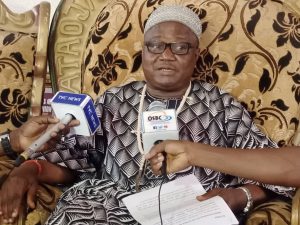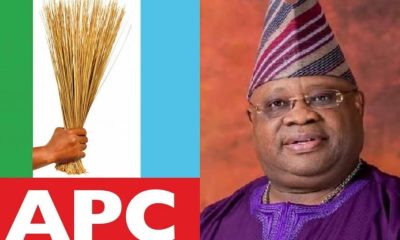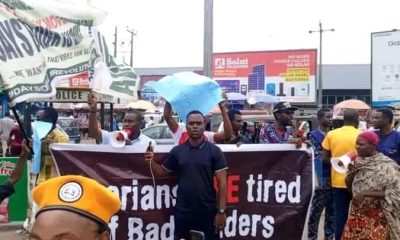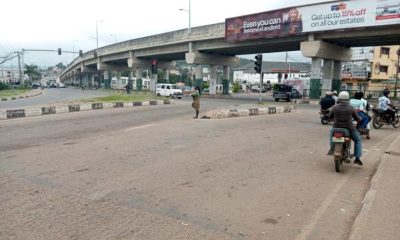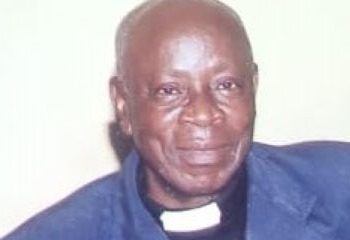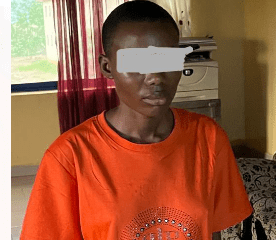Opinion
The Gubernatorial Paradox: Political Injustice Or Oversight? – The Exclusion And Marginalisation Of Osogbo, Ado Ekiti, And Akure By Tunji Olayiwola
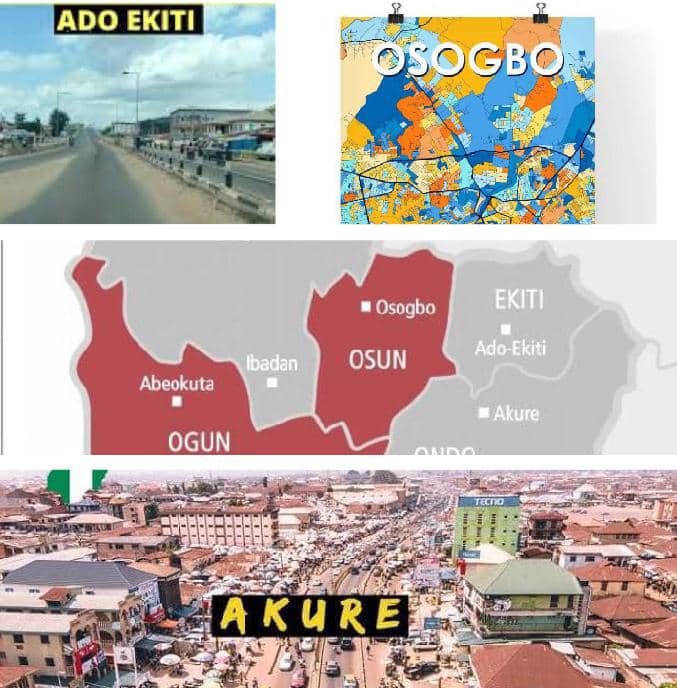
Osun, Ekiti, and Ondo states share a concrete and perplexing commonality, a peculiar political phenomenon that has, for decades, eluded the consciousness of many. None of the indigenes of their respective state capitals; Osogbo, Ado-Ekiti, and Akure, has ever sat on the esteemed seat of governance in their own states. In contrast, Oyo State corrected this glaring anomaly. Its capital, Ibadan, has consistently produced a cadre of governors whose tenures have undeniably shaped the city’s destiny in growth and development, always making it relevant.
From Dr. Victor Omololu Olunloyo to the late Chief Kolapo Ishola, late Alhaji Lam Adesina, Senator Rashidi Ladoja, the late Senator Abiola Ajimobi, and the incumbent, Mr. Seyi Makinde, Ibadan political sons have not only governed the state but have contributed substantially to its growth and the sustained relevance of Ibadan as a central hub in the Yoruba region, as it were in the day of Adelabu and Adelakun.
Similarly, the narrative of neighbouring Ogun State follows a similar and parallel path. Brigadier General Seidu Ayodele Balogun, a native of Abeokuta North, despite his military background, ruled the state for sixteen months. This legacy was continued by two civilian governors of Abeokuta origin, cementing the city’s role as a crucible of power within the state. Such a scenario, too, can be seen in the sprawling metropolis of Lagos, where despite its cosmopolitan nature and the diversity of its residents, Bola Ahmed Tinubu, governing from Ikeja Local Government, was able to consolidate his reign at the Alausa house. In Kwara State, the Ilorin Emirate remains an unquestioned political powerhouse, having produced governors like Mohammed Lawal, Bukola Saraki, and Abdulrasaq Abdulrahman, all hailing from the capital city.
Thus, one can not help but question: what hidden crimes and offences have the indigenes of Osogbo, Ado-Ekiti, and Akure committed to be indefinitely and perpetually sidelined in the gubernatorial seat? What unseen barriers have shackled their political aspirations, preventing them from rising to lead their respective states?
Focusing this piece on Osogbo, a city rich in historical significance and cultural vibrancy, we see a metropolis that has grown both in size and stature over the years. Osogbo, comprising Olorunda and Osogbo local government areas, Osogbo stands proudly as the fifth most populous city and nineth industrial city across all Yoruba-speaking states. With an estimated population of 372,000 by the 2022 projections against the 235,000 results of the 2006 population census, the city holds immense electoral and demographic weight.
Frankly speaking, despite its historical relevance and contribution to the state political machinery, Osogbo sons and daughters have watched and supported, generation after generation, as smaller towns like Okuku, with only four electoral wards, and Iragbiji, with five, have produced governors. This becomes even more perplexing when one considers that Osogbo alone boasts fifteen well-structured wards and Olorunda, nine out of its eleven wards, a combined political force of twenty-four wards.
Osogbo, since the inception of the Fourth Republic, has been a decisive factor in determining the political landscape of Osun State. Its substantial population holds the power to sway electoral outcomes and thus plays a pivotal role in who emerges as governor. Yet, despite this formidable influence, the city has been left behind in terms of direct representation. Could it be that Osogbo destiny as the political heart of the state has yet to be realized? For in many ways, the state capital serves as a symbol of unity, and having one of its own sons or daughters govern would not only be a symbol of pride but a representation of the collective will of the state.
Furthermore, the question of infrastructural development and equitable resource allocation remains an ever-pressing concern. A governor from Osogbo would undoubtedly prioritize the city’s long-overdue developmental needs, ensuring that its infrastructure reflects its status as the state capital while simultaneously safeguarding the interests of other towns within Osun This would address the perceived disparity in resource distribution and correct the glaring oversight that has, for so long, neglected the city.
The candidacy of an Osogbo indigene also brings into focus the deeply rooted commitment of its people to public service. Osogbo sons and daughters have demonstrated unwavering dedication to the state’s progress, contributing in various capacities to the upliftment of Osun. Yet, the lack of gubernatorial representation speaks to a political imbalance that demands political rectification. Electing a governor from Osogbo would not merely be a nod to political correctness but a step toward justice, ensuring that the state’s political landscape is more reflective of its diverse population.
Osogbo proudly parades distinguished and prominent men of immense timber and exceptional calibre, each more than capable of comfortably steering the ship of governance in Osun State. Among our highly esteemed sons are the formidable and highly respected Former Chief of Air Staff, Air Marshal Isiaka Oladayo Amao (Rtd), a man of remarkable leadership and service. Also, we have the well-regarded former Osun State ALGON Chairman and dynamic executive chairman of Osogbo Local Government, Hon. Teslim Igbalaye, who currently serves with distinction as the hardworking Secretary to the Osun State Government (SSG). Additionally, the accomplished and visionary Arch. Goke Omigbodun who was the Social Democratic Party (SDP) candidate for the 2022 Osun State governorship election, brings his wealth of experience to the fore.
The widely respected and technically proficient Engr. AbdulRahaman Lekan Badmus, who previously served as Commissioner for Regional Integration and Special Duties in Osun State and was recently appointed as the Executive Director of Marines & Operations at the prestigious Nigeria Port Authority (NPA), is another illustrious son of Osogbo. The legal landscape is no less impressive, with the presence of the highly intelligent and seasoned Former Attorney General and Commissioner for Justice in Osun State, and the influential Former Senator for Osun Central, who is now the diligent and strategic incumbent National Secretary of the All Progressives Congress (APC), Senator Surajudeen Ajibola Bashiru, PhD. Lastly, rounding out this outstanding group is the brilliant and renowned radical lawyer, Mr. Kunle Adegoke SAN, whose contributions to the legal profession are both far-reaching and impactful. These remarkable individuals and many more who are yet to show intentions but are from Osogbo exemplify leadership, expertise, and excellence in their respective fields, standing as proud torchbearers of our great community.
If any of the aforementioned illustrious sons of Osogbo will ever become governor, the rallying cry and announcement must echo from the revered palace of the Ataoja of Osogboland, Oba Jimoh Olanipekun Oyetunji, Laroye II. It is only fitting that such a monumental political journey begins from the seat of tradition, culture, and authority in Osogboland. The Ataoja’s palace, being the spiritual and cultural heart of Osogbo, has long symbolized unity, leadership, and progress for its people.
Would it not be a profound moment of pride and joy for the entire Osogbo community if, during the lifetime and reign of the present monarch, one of its own sons rises to the highest office in the state? Such an achievement would be more than a political victory; it would represent the fulfilment of a long-held dream, the triumph of local identity, and a testament to the strength and potential of Osogbo people as envisioned by the Late Oba Iyiola Oyewale Matanmi III. How fitting it would be for to witness the crowning achievement of an Osogbo indigene becoming governor, this is indeed food for thought.
In the grand design of Osun political evolution, it is high time for Osogbo to ascend to its rightful place, no longer confined to the margins of influence but seated at the helm of leadership, steering the course of the state’s future with wisdom, equity, and a profound sense of purpose. This is the vision and mission of our forebears for Osogbo.
Olayiwola resides in Iludun Area, behind Nawairul Islamic School, Oke Baale area of Osogbo, Osun State
-

 News4 days ago
News4 days agoRamadan, Lent: Shettima Calls For National Unity And Compassion
-
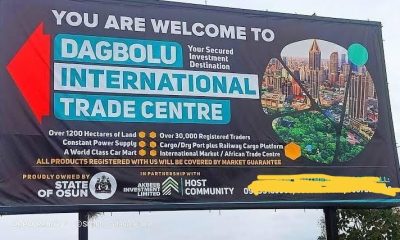
 Opinion4 days ago
Opinion4 days agoReinventing Osun’s Economy Through Dagbolu Intl. Trade Centre: From Quiet Market Lessons To Regional Trade Revolution By Adeboye Adebayo
-

 News3 days ago
News3 days agoInsecurity: Kogi Schools Resume On Monday
-
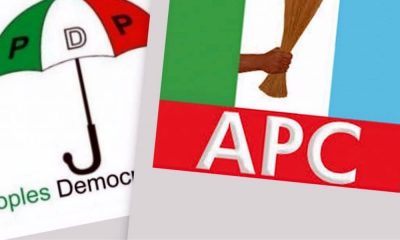
 News4 days ago
News4 days ago‘Wike Factor’: Another PDP Chairmanship Candidate Steps Down For APC In FCT


